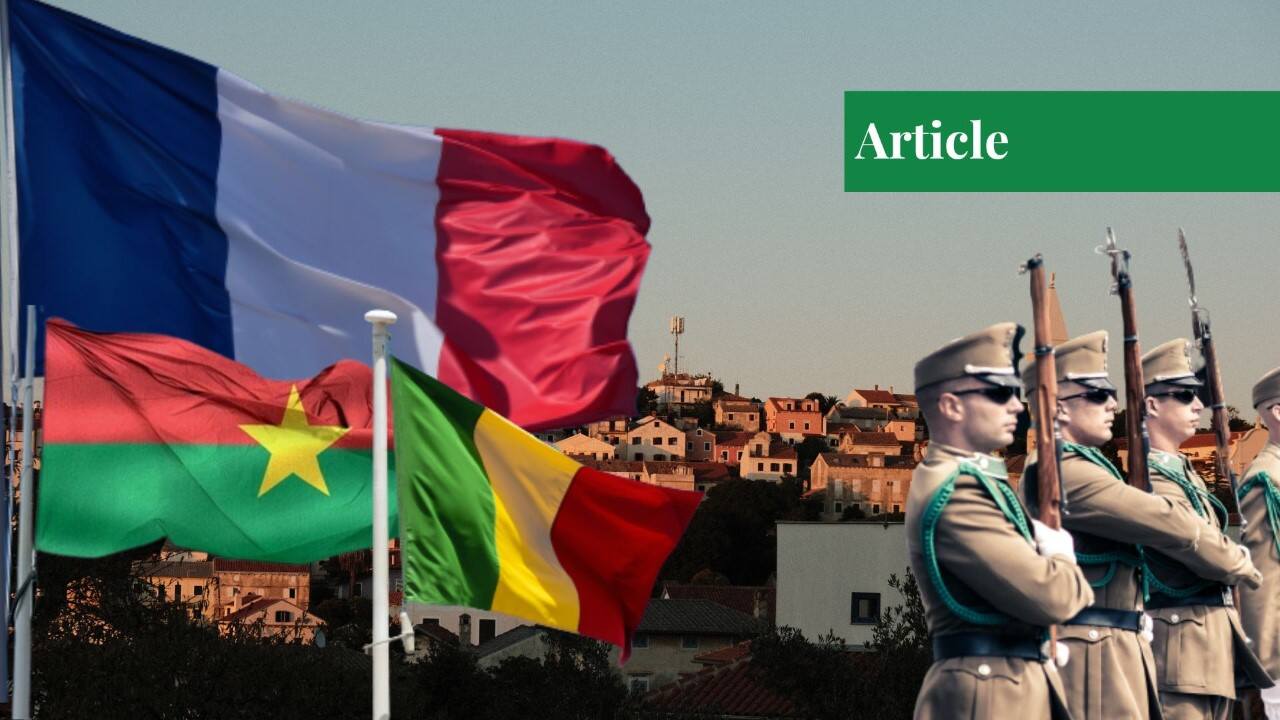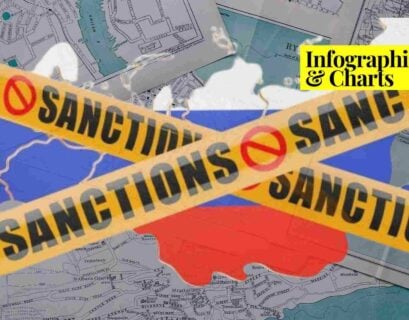Adam Abass is an undergraduate student of political science and international relations. His research focuses on Middle Eastern politics, counter-terrorism, peace, and security in Africa.
Introduction
Countries in the fragile Sahel region facing security threats from the jihadist group are witnessing a series of declining relationships with France, its reliable security provider. The withdrawal of the French troops from Mali and Burkina Faso marks the sign of a deteriorating relationship between Paris and the Sahelian countries.
The fallout of this strained military partnership has further increased the rate of threat armed groups posed to these countries and the wider region. Moreover, the acceptance of Russia as a new foreign security ally with no effective military strategy to combat the threat has worsened the security landscape which is already manifesting in these countries and in the region at large.
Mali
French troops deployed to Mali in early 2013 came as a result of the extremist group’s advancement towards the capital Bamako, threatening the very existence of the state and its institutions, which was later crushed by the French forces. The extremist group in the rural areas exploited the underlying political and socio-economic disparities including the Tuareg secessionist campaign to gain local support and attract members, leading to the group expansion and spilling over to border states like Niger, Burkina Faso, and Chad.
The multifaceted security challenges faced by these francophone countries facilitated the formation of France’s “Barkhane Operation” with over 5,000 strong men, to help contain the violence in the region. Successful counter-terrorism operation was conducted by both French troops and Malian forces, including taking out top jihadist leaders in these countries.
After almost a decade of the French counter-terrorism operation in Mali with no significant reduction in the spread of jihadist violence, anti-French resentment started growing among the populace, calling for the removal of French troops from the country.
The height of this frayed relationship began when the military took power in 2020. As the junta’s refusal to hand over power to a civilian government violated French democratic principles, tensions Increased from both sides, including the expulsion of the French top diplomat from the country.
Perceiving the French as an unreliable partner in its war against terrorism, the junta called for its withdrawal in early 2022, and the last French military forces left mid-August last year, creating a security vacuum at the heart of a strategic state in the Sahel.
Burkina Faso
The landlocked Sahelian country which has been battling a spillover of the jihadist group from neighboring Mali has also called for the departure of French troops from its territory this week. The Burkinabe government, under the civilian administration of President Kaboré in 2018, signed a defense and security accord with Paris, granting the presence of French troops in Burkina Faso as part of “Operation Barkhane” to combat the threat posed by the jihadist group in the northern and eastern parts of the country.
The call for the withdrawal of about 400 French troops from the country within a month comes as no surprise since the Traoré military-led government has not been on good terms with Paris. The counter-coup which brought in Captain Traoré after Colonel Damiba’s overthrow has seen a series of declining relationships between the junta and Paris.
New Ally
In the interests of Mali’s junta regime, Russia has proven to be the new security partner in its war against terrorism in the country, and in its security partnership, it seeks to cooperate with the Russia-linked PMC Wagner group, which around late 2021 began to deploy personnel into Mali to the take up the job of French forces in conducting a military operation against the jihadist group.
Military aid and the provision of weapons and ammunition formerly done by the country’s former colonial power is now the task of Moscow and the Wagner group. However, the military operation by the Wagner group has proven futile with no significant success being made in the war against the jihadist group. Instead, attacks are increasing, with allegations of the group’s human rights violation and abuses against the civilian population it’s supposed to protect.
Burkina Faso, on the other hand, has not decided on the choice of security partner to fill in the French troops’ departure, but experts are suggesting it might follow the footstep of its neigbour, Mali, as all events and actions of the junta point to adopting Russia as an alternative security partner. The visit of Burkina Faso’s prime minister to Moscow late last year points to the fact that it might eventually want to seek support from Russia and the Wagner group.
If you want to submit your articles and/or research papers, please check the Submissions page.
The views and opinions expressed in this article/paper are the author’s own and do not necessarily reflect the editorial position of Paradigm Shift.


















